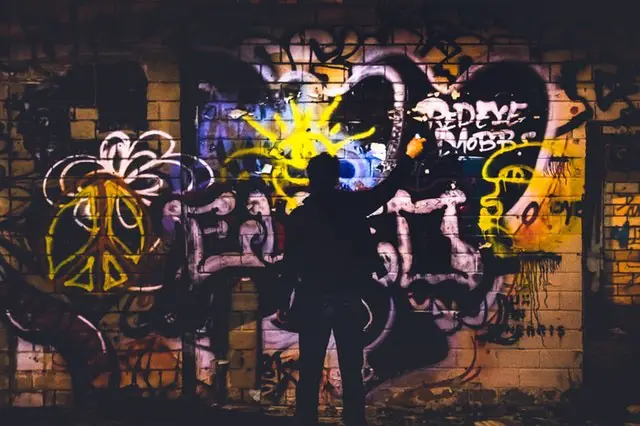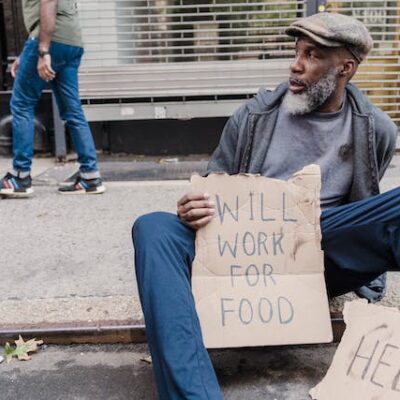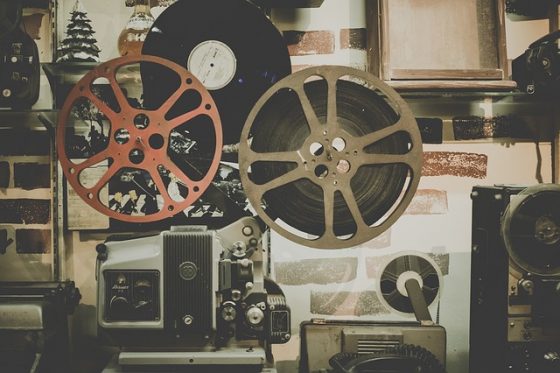“Every child is an artist. The problem is how to remain an artist once we grow up.”- Pablo Picasso.
This statement seems true in the light of the restrictions on artistic expression in India. Freedom to artistic expression has been an issue in India since a long time. With problems in releasing of movies, shutting down of art exhibitions and censorship issues, the involvement of law for monitoring artistic expression is a debatable topic.
In the past movies like Padmavaat, Madras Café, Ram Leela, An Insignificant Man and others have been subject to a lot of controversies. The artists and the filmmakers had to defend the movies from the audience. More so, even the Courts in India have been ambiguous about passing a strong judgement regarding the freedom that the artists should have.
While some people favour the intervention of law in monitoring the freedom of expression to artists, others defend on the ground that a film needs to be expressive enough to cater to the audience needs. Such a scenario raises questions regarding the need of law to control the artistic freedom in India.
No – Law should not monitor artistic expression :-
- Intervention by law will curb the quality of art-work displayed by the artist as he/she will be under constant threat of the censorship.
- The message that was meant to be conveyed to the audience loses its impact as the focus shifts to the judgement given by the court.
- Censoring and restricting the artists kills the spirit of democracy. An essential feature of democracy is the freedom of expression. If the law restricts that, then it makes the democracy futile.
- Restricting art not only leads to loss of livelihood but also creates an unsafe environment for other artists. Creating laws that lead to creation of an unsafe environment defys the very purpose of having laws in a country.
Yes – Law should monitor artistic expression :-
- Much of the debate surrounding artistic freedom in India is because of the protests by communal groups in response to cultural movies like In such cases having stringent laws to protect the interest of the filmmakers and actors is definitely desirable.
- Censoring the artistic expression is essential in the good interest of the children. Adolescent children are at a major disadvantage when they are exposed to art-work making explicit use of crass language, violence or sex.
- If a particular artwork is offensive to women, then strict laws should be made to curtail it and prevent its further circulation.
- Laws are required to maintain safety of the citizens from violence and harsh behaviour. If some artwork goes against the standards of safety and is offensive to the people in some form then censoring it is not wrong.
Conclusion :-
There is no doubt that in the interest of welfare of the people, laws are required for monitoring artistic expression in India, but at the same time it is essential to review the extent of effect they cast on the artists. What is more desirable is self-realization of responsibility by the artists in expression art which is acceptable by all.
[crowdsignal poll=10281990]
Your Turn…
What are your thoughts on this topic? Express your views in the comment section below. Subscribe to our blog to read answers to trending GD topics.
Photo by Jeswin Thomas from Pexels
Copyright @ Group Discussion Ideas.







